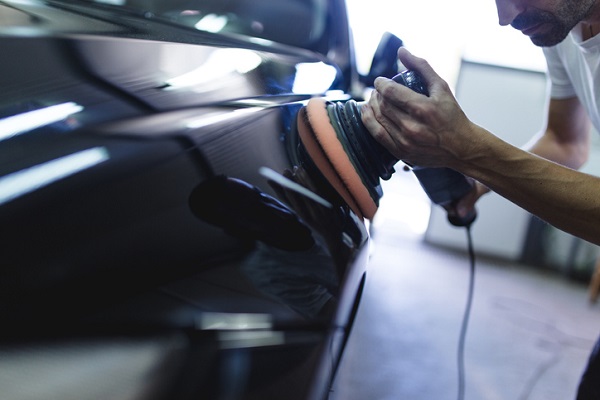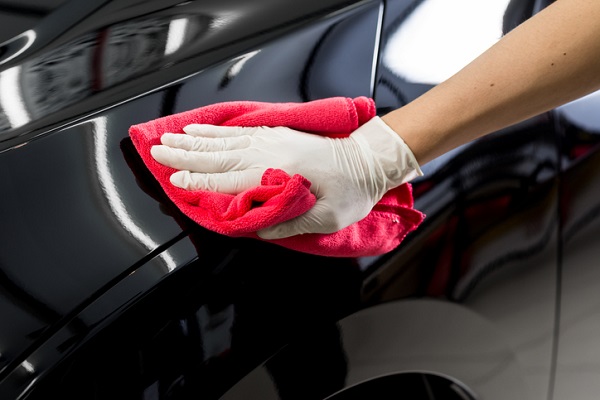How to Avoid Damaging a Car While Cleaning it in Professional Automotive Detailing

If a car is looking dirty or dull, then it’s probably in need of some detailing. However, getting the job done can also run the risk of accidentally damaging the vehicle, leaving unintended marks or scratches while you’re trying to make the car look nicer. Seems a bit counterproductive to say the least, no?
Luckily, there are ways you can sidestep this, by knowing how to detail it properly without leaving any marks or mistakes. Here are some ways in which you can avoid inflicting unnecessary damage onto a vehicle while you’re detailing it.
Watch out for Hot Days and Sunshine
One major—and obvious—component to ensuring your auto detailing is successful is to do so in ideal conditions. In this case, it’s best not to try detailing a vehicle when it’s warm out, as the car paint will also be feeling the heat. If the temperature of the paint is too warm, it can lead to contaminants appearing, as evaporation can result from detailing in those conditions.
Be sure that you aren’t washing cars in direct sunlight, either, as it can not only be bad for its finish, but can also leave the car prone to swirl marks and/or water spots as the water and soap dries more quickly in those conditions. In this case, either detail cars in a shady area, or spray water onto the vehicle to ensure the surface stays relatively cool.

Don’t Wash a Client’s Car with Dish Soap
This should be fairly obvious, but washing the exterior of a vehicle with dish detergent can do more harm than good. Since dish soap is considered an abrasive kind of soap, it speeds up the oxidation process on the car paint and strips the waxes and polymers off its surface, causing the exterior to look duller.
Because it’s meant to get rid of wax and grease, dish detergent is never a good alternative to proper automotive soap, which is made with lubricant and is designed to be gentler on surfaces. In other words, you’re much better off investing in quality automotive soap than trying to cut corners or opting for dish detergent in a pinch.
Be Very Mindful of How Dirt Interferes with Your Auto Detailing Process
Arguably one of the fundamentals of professional automotive detailing is knowing how to avoid further dirt getting onto the car’s exterior. Firstly, don’t remove dirt you’ve missed by using your drying towel to wipe it away, as this can risk scratching the paint and grinding the dirt into the vehicle’s finish.
Secondly, it’s important to use different microfiber towels for different parts of the car. Don’t use the towel you used to clean the wheels to also clean the car’s paint, as that will rub further dirt into it. Professionals also know to not touch the paint without any lubrication (eg. drying agents or water), as trying to wipe or clean the vehicle without it can cause scratching and damage the clear coat. By following these tips, you’ll avoid accidentally causing damage to the cars you detail throughout your career.

Are you looking to start your auto detailing training?
Contact Automotive Training Centres to learn more!

